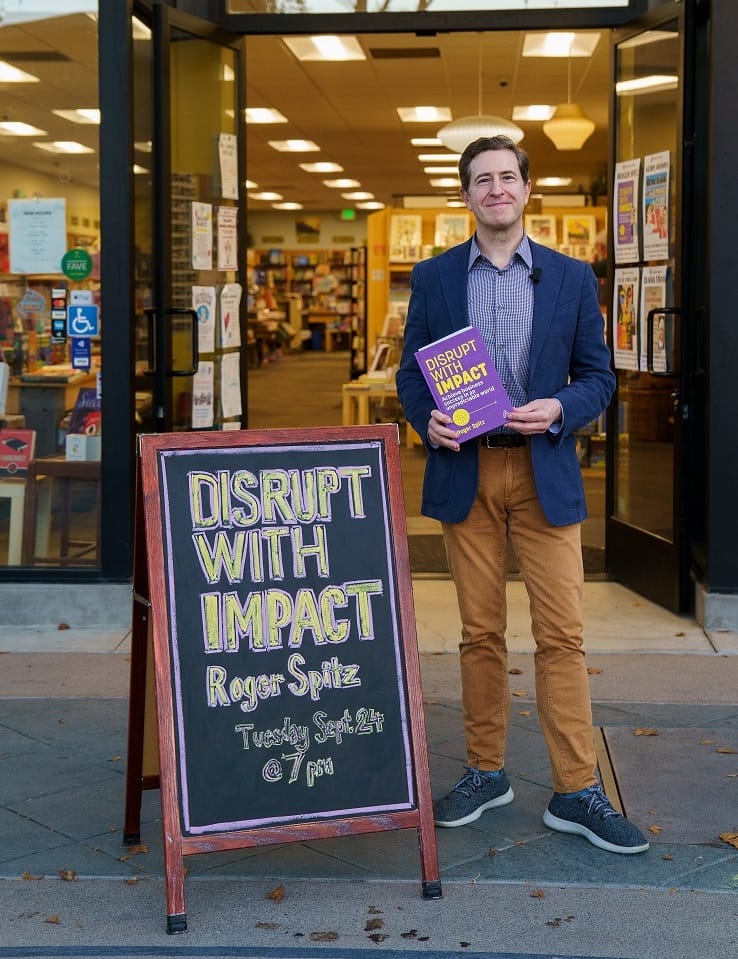Metaruption: Understanding the Complexities of a Disrupted World
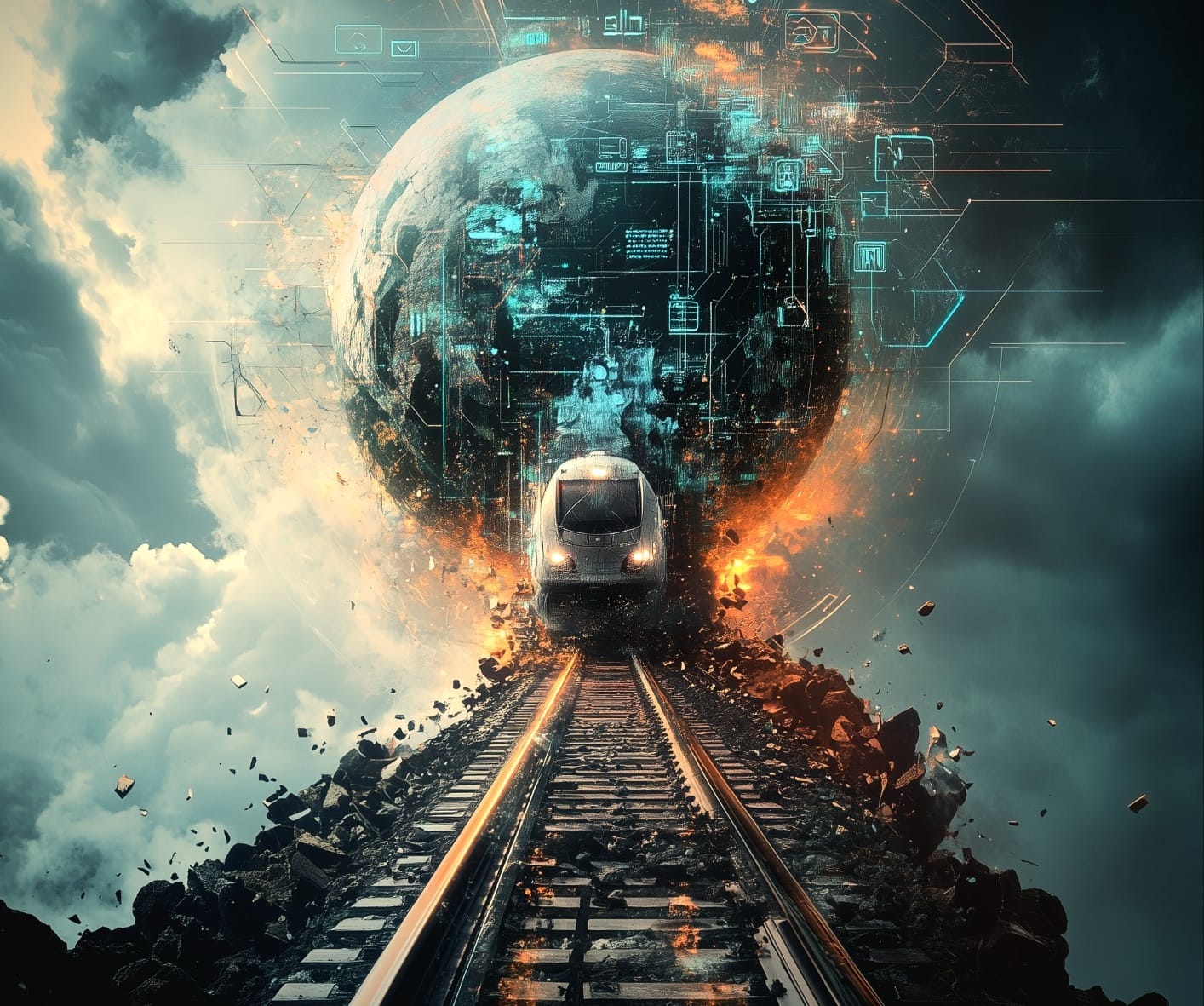
Roger Spitz, who leads the Disruptive Futures Institute in San Francisco, has an unusual background. Transitioning from investment banker to futurist, he has become one of Silicon Valley's most influential future strategists. As an expert advisor to the World Economic Forum's Global Foresight Network, he researches massive changes that AI, climate change, and technological innovation will bring, offering methods to prepare for an uncertain future. He recently published a new book titled Disrupt with Impact. I asked him the following questions about the book and how we should prepare for the global changes we currently face.
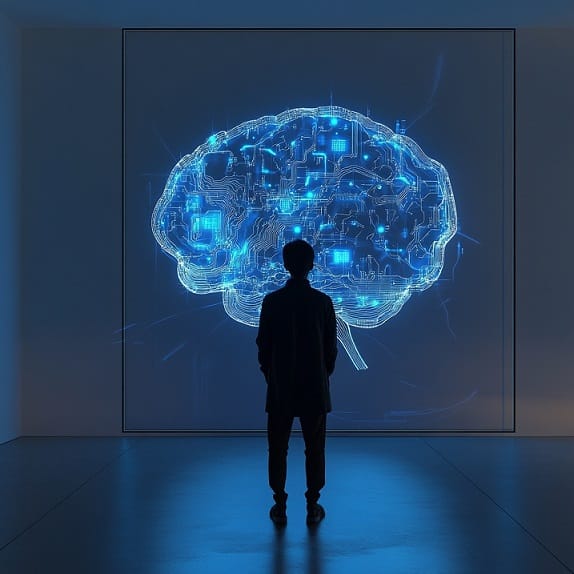
The AI Revolution: Shaping Our Future
Q1: What inspired your deep interest in AI after years in tech and investment?
My career path is somewhat unique, from M&A to becoming a futurist. I was responsible for technology M&A at a major investment bank, and now I'm working as a venture capital partner, with a strategic foresight practice. This journey has given me the opportunity to work with CEOs, founders, and policymakers worldwide.
Through these experiences, one thing has become clear: AI is not just another trend or technological fad. While many people get caught up in Silicon Valley's hype, I focus on the fundamental changes beneath the surface, the next order implications, and how seemingly unrelated things might connect.
AI has the power to fundamentally transform our society, much like electricity or the internet did. What's particularly important is how AI is changing our decision-making processes themselves. AI is now generating decision outcomes that were previously only possible for humans.
These changes raise existential questions for us. What should be the role of humans so that we remain relevant in the 21st century? How can we ensure our free will and choices? This is what led me to propose a new concept I call “techistentialism”.
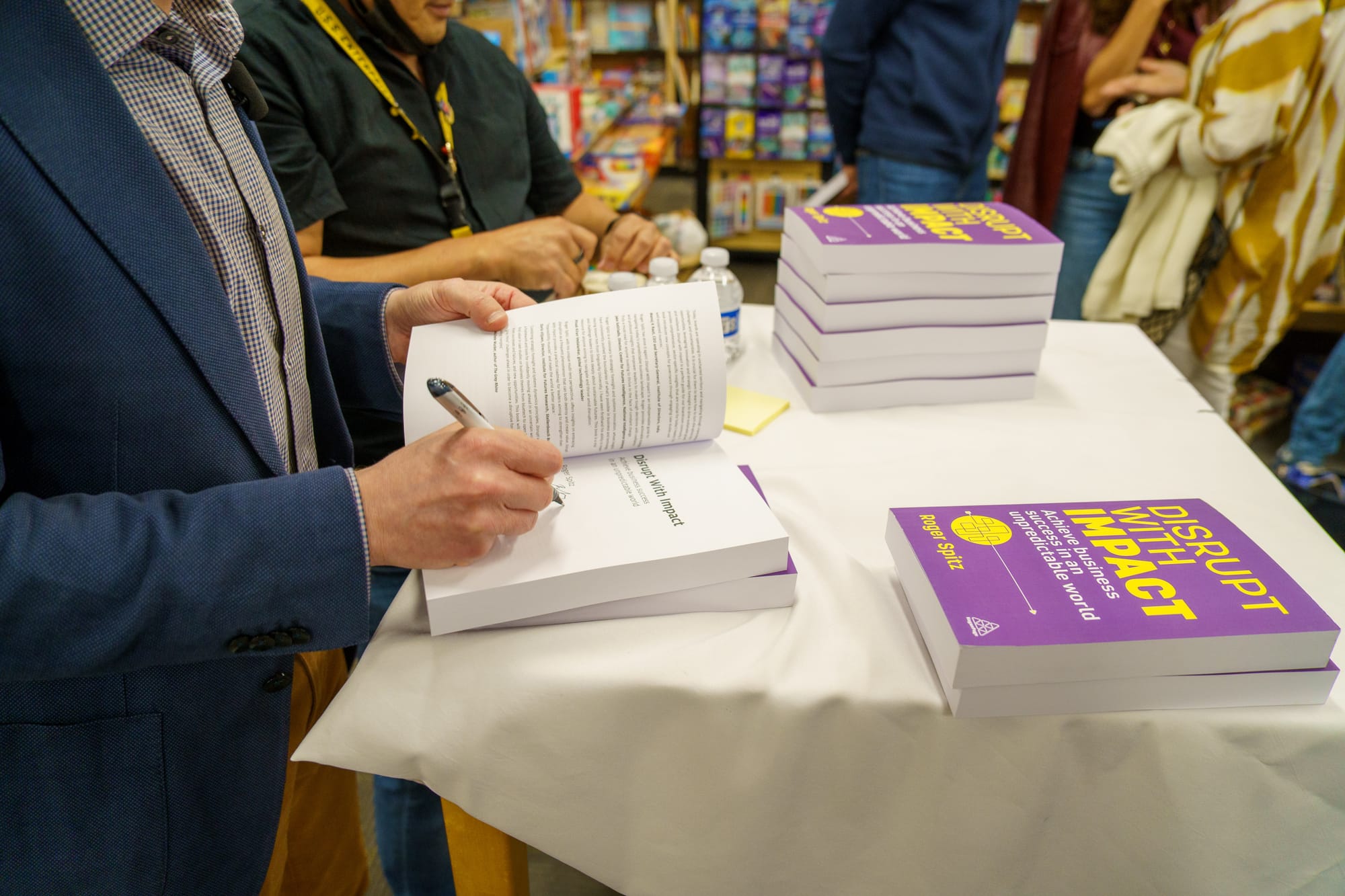
Why Past Success Won’t Guide the Future
Q2: What motivated you to write Disrupt with Impact?
The deeper I researched the nature of the world, the clearer one fact became: our systems are far more vulnerable than we think. What's concerning is that while everything in the world is constantly changing, our organizational structures and decision-making methods remain stuck in the past.
Many people continue to operate as if the world is predictable and controllable, like a train running on fixed rails. But reality is completely different. This misconception causes us to miss many opportunities, and the costs keep mounting from relying on the wrong assumptions.
My book addresses practical solutions to these complex problems. Specifically, it presents concrete strategies for responding to major changes in areas such as AI, sustainability, geopolitical shifts, and cybersecurity.
The key is not to view the future as a fixed image. We need to keep multiple possibilities open and prepare for various scenarios, much like a navigator prepares for different weather conditions. Building resilience to shocks and anticipatory thinking for how the drivers of change interact into unpredictable outcomes.

Navigating a New World: Adapting to Unpredictability
Q3: Why is now the right time to release your book?
In today's news, we frequently hear terms like 'historic,' 'unprecedented,' and 'first time ever.' Perhaps the 'unprecedented' has become our new normal. This indicates just how rapidly change is accelerating.
In this era, past experience and knowledge alone are insufficient. I realized we need a new compass to navigate through constantly changing uncertainties.
The New Constants in a Shifting Landscape
Q4: Which current changes are the most significant and why?
Here's an interesting fact: while many experts try to analyze and predict trends, these patterns are actually like a car's rearview mirror - they only show what's already passed.
In today's complex world, simple trend analysis can be dangerous. At our Disruptive Futures Institute, we call these systemic disruptions 'metaruptions.' This refers to fundamental changes where various systems interact, cascade and influence each other in chain reactions.
What's critical is how difficult it is to recognize the significance of these changes at first.
Complexity is much like the Amazon rainforest—species go extinct, weather patterns shift suddenly, and everything is affected by countless interactions that are constantly in motion. That's why imagination becomes more important than analysis.
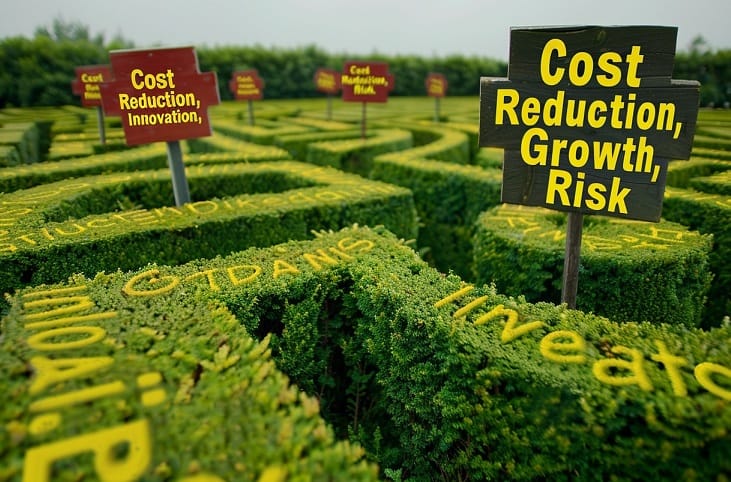
Deciphering the Unchanging Truths in Uncertain Times
Q5: What enduring elements remain amidst today’s volatility?
First, the world is becoming increasingly unpredictable. We call this 'UN-VICE,' which stands for Unknown, Volatile, Intersecting, Complex, and Exponential. Unlike traditional advice, which implies a clear path or solution, systemic disruption has devalued "ad-vice" because the future is no longer just uncertain—it is truly unknown.
This shift reflects the idea that in a world where everything is volatile and interconnected, standard advice based on past experiences alone often falls short. In the face of complexity and exponential change, what’s needed is not merely more advice, but a deeper understanding of how these unpredictable factors could interact and evolve.
Second, sustainability has become a new essential element. Just as digital transformation was once non-negotiable, sustainability is now central to all decision-making.
Third, the pace of technological advancement continues to accelerate. Particularly, AI, robotics, healthcare, and climate technologies are creating synergies through their convergence, and even creating the emergence of new fields like lab-grown and alternative protein, or CRISPR gene editing.
Fourth, the role of information and data in decision-making is growing. AI's influence will continue to expand moving up the decision-making value chain.
Fifth, we're moving towards an increasingly decentralized world. Traditional centralized structures are weakening, and new forms of networks are emerging.
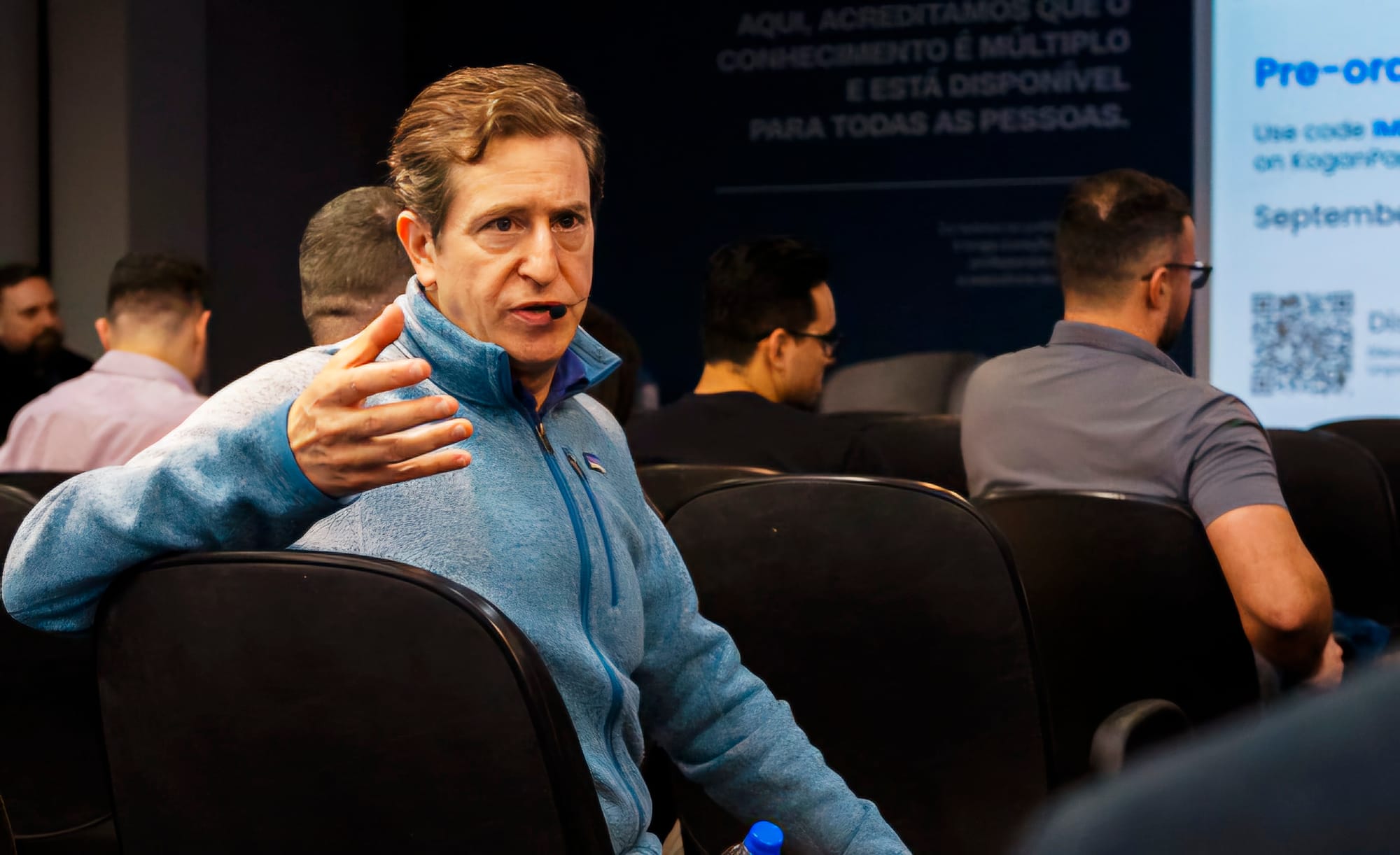
Building Resilience: Preparing for the AI Era
Q6: How should organizations future-proof themselves in an AI-driven world?
"The most important thing is organizational resilience. Like an immune system, organizations need to develop the ability to adapt and survive whatever changes come their way.
I'd like to suggest three specific strategies:
First, establish a strong and anticipatory leadership system. However, this differs from traditional top-down leadership. In our complex world, we need adaptive leadership that can align various stakeholders' opinions and make effective decisions.
Second, develop the ability to detect 'weak signals.' Major changes always start with subtle signs. For example, while many experts failed to predict ChatGPT's emergence, there were early signals before its arrival (such as significant advancements occurring in natural language processing and computer vision).
Third, create a culture of experimentation, learning, relearning and unlearning. We can no longer make perfect plans. Instead, in our emergent world, it's important to start small, learn quickly, and continuously adapt to dynamic situations.
A particularly noteworthy point is the duality of technology. While new technologies like AI offer tremendous opportunities, they can also bring serious risks. Therefore, organizations must develop a new capability called 'technology foresight.'
This consists of three phases. The anticipatory phase evaluates potential technological impacts. The monitoring phase continuously observes actual impacts. Finally, the risk mitigation phase responds quickly when problems arise.
The key point is this: while we can't predict the future, we can develop our ability to anticipate potential changes. Disruption’s impact hinges on three factors: your perspective, your preparedness, and the effectiveness of your timely response. It's like a martial artist who can't know exactly what move their opponent will make next but prepares to counter any attack."
A Call to Shape Our Technological Destiny
As the interview concluded, Spitz added,
We're standing at a historic turning point. The changes ahead (including from technology) are far more fundamental than we imagine. However, this shouldn't be a source of fear. Instead, we should take this as an opportunity to seriously consider what kind of future we want to create and what our role as humans should be in that future.
